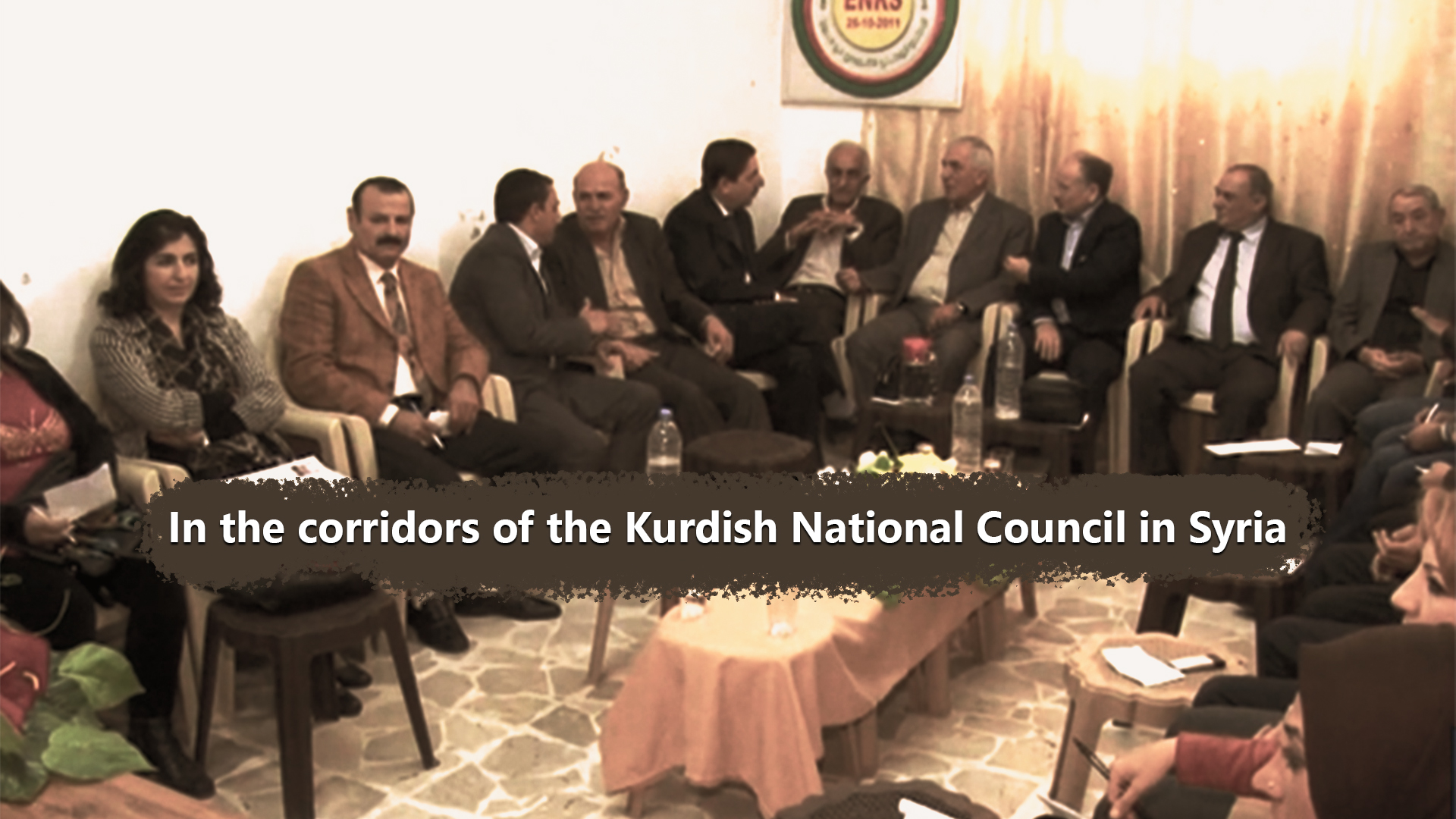In the corridors of the Kurdish National Council in Syria

The differences between the parties of the Kurdish National Council in Syria (ENKS) and the Kurdish National Unity Parties (PYNK) have once again surfaced in an atmosphere fraught with tension and not accepting the other at a time when the US is seeking to find an appropriate formula to bridge the views between the two sides of the intra-Kurdish dialogue and put an end to differences which had appeared earlier, but according to what is emerging on the political arena, there is a deliberate procrastination by the ENKS regarding the resumption of the intra-Kurdish dialogue.
The demands made by prominent leaders and officials of the ENKS for the resumption of the dialogue carried a semi-hostile tone and intransigence, which emphasize on “fifty-fifty share. These demands come at a time when the ENKS does not abide by the laws regulating within the Autonomous Administration of North and East Syria (AANES) areas, which prevent the work of any political movement or the practice of any partisan work within the Jazira region before obtaining official permission from the executive authorities, according to which they are also obligated to protect their headquarters by the Internal Security Forces (Asayish). We have recently witnessed deliberate targeting by “unidentified persons” of some headquarters of the Kurdistan Democratic Party in Syria (PDK-S).
In the same context, the ENKS has intensified its smear campaigns against the AANES, where it has recently accused the Autonomous Administration of working for the Syrian regime and implementing foreign agendas, knowing that, in their TV interviews, the ENKS leaders repeat their willingness to return to negotiations with the regime, the matter carries a kind of contradiction and heterogeneity in what they declare and what they dictate to the public.
These moves by the ENKS parties come in light of violent storms that strike at its ideological roots, and sharply divide it into two parts; the Kurdistan Democratic Party-Syria (PDK-S) led by Se’oud al-Mella, which directly depends on the Kurdistan Democratic Party (PDK) in northern Iraq, and the Yekiti Kurdistan Party-Syria (PYKS) led by Suleiman Oso, which directly depends on the Syrian National Coalition (SNC).
The PYKS attempts to mobilize the parties affiliated with ENKS to stand in the face of the control of the PDK-S over the joints of the Kurdish National Council. Most recently, the PDK-S attempts of consolidation have extended to the military institution known as Rojava Peshmerga, which was established by the Turkish intelligence in the Kurdistan region of Iraq.
In addition to the military institution, the PDK-S extension also included youth and women currents within the Kurdish National Council through supporting and reactivating the Kurdish youth movement and other women’s currents. This was met with the disapproval of the PYKS and pushed it to start launching extensive workshops against the leadership of the PDK-S to reduce the role that it played in deciding strategic issues. The most prominent files that the PYKS worked on was the launch of return campaigns of the forcibly IDPs from Sere Kaniye (Ras al-Ain), Tel Abyad and Afrin, which weakened the position of the PDK-S within the Kurdish National Council and prompted the intensification of cooperation and communication between the Syrian National Coalition and the PYKS.
From the above, it can be concluded that the ENKS goal of delaying the return and resumption of the intra-Kurdish dialogue, is to settle scores within the itself and to work on reducing the influence of the PDK-S and its exclusivity over all issues whether the internal organizational matters or the external relations.




